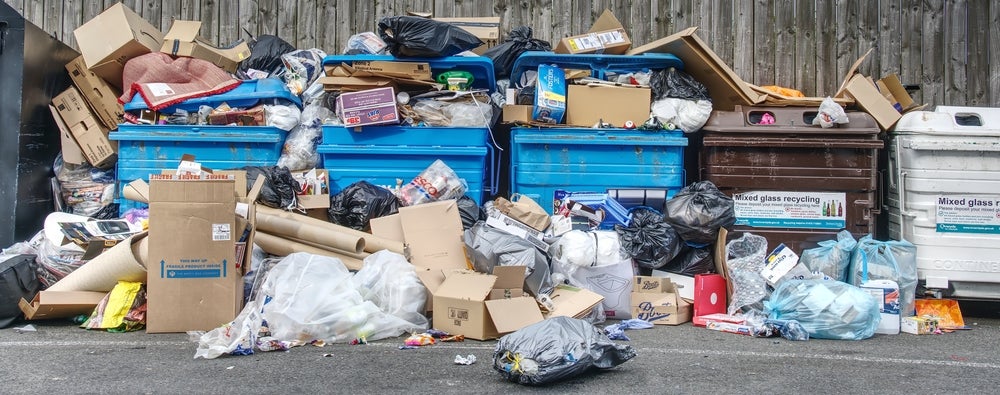
Saveggy has obtained a Eurostars grant of over €440,000 ($482,759) to develop its fossil-free, edible coating which can prevent dehydration, oxidation and microorganism growth to increase the shelf life of cucumbers.
The funding will support Saveggy’s mission of creating sustainable solutions for food preservation. The Swedish company is a provider of edible, bio-based, and food-safe packaging intended to reduce food loss and waste along the supply chain through sustainable alternatives.
Eurostars is a programme that helps small and medium-sized businesses in Europe to come up with new and innovative ideas. It’s part of a bigger effort called the European Partnership on Innovative SMEs, which is supported financially by the European Union through a programme called Horizon Europe.
Eurostars is a joint programme between the European Research Agency (EUREKA) and the European Commission, co-funded from the national budgets of 36 Eurostars participating states and partner countries.
Testing an edible plant-based coating to replace plastic wrap on produce
The company’s researchers are trying to find a way to reduce the amount of plastic waste that is used to cover cucumbers. The company is testing a special coating made from plants that you can actually eat.
According to Saveggy, almost half of the fruits and vegetables that are grown (45%) end up being thrown away every year. To try and reduce this waste, some farmers use plastic to wrap their produce. This plastic helps keep the fruits and vegetables fresh by preventing water loss and stopping bad things like bacteria from getting in.
The scientists are working with farmers, stores, and others to create a new kind of coating that can help keep fruits and vegetables stay fresh for longer.
This new coating is made from plants and can be put on the produce after it is harvested. The company is currently testing it out with its partners to see how well it works.
Eurostars’ substantial grant is intended to help the food-tech startup with its R&D costs for the project.
EU rules target single-use plastic and fishing gear containing plastic
The European Union has made consistent efforts to tackle plastic litter. From 3 July 2021, single-use plastic plates, cutlery, straws, balloon sticks and cotton buds cannot be placed on the markets of the EU Member States.
Addressing the issue in a report, GlobalData noted:
“Circular Plastic Economy imagines the ways in which firms can avoid scenarios where plastic materials may be improperly discarded into the natural environment. Its importance is being fuelled by consumer interest in protecting the environment, their subsequent aversion toward plastic materials, and their interest in plastic-alternatives.
“Circular Plastic Economy advocates for the elimination of waste and pollution and the reuse and repurposing of plastic materials where possible throughout the supply chain.”




